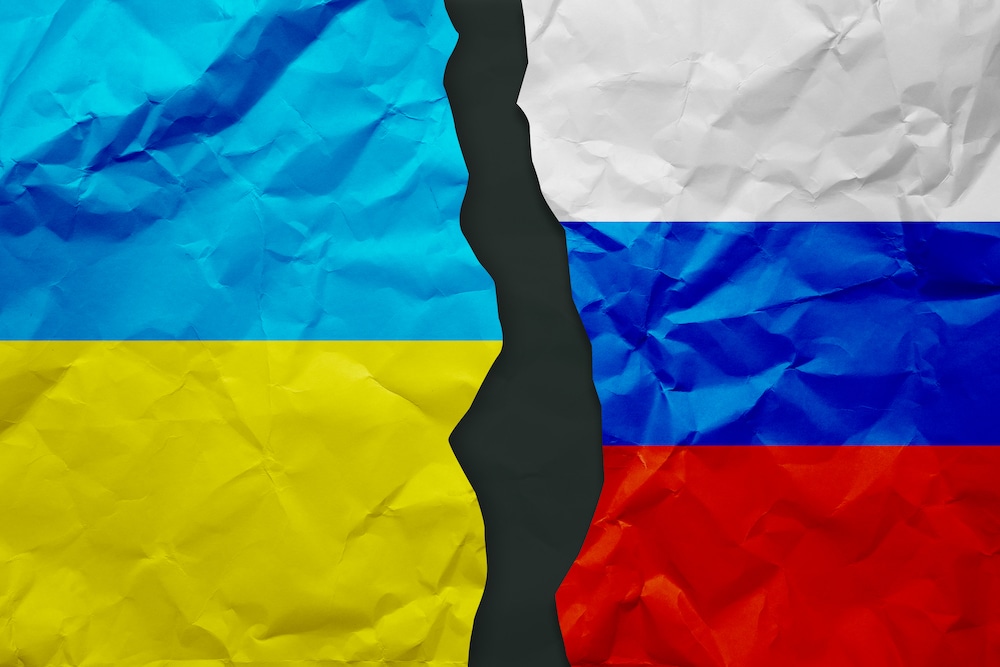
The ongoing conflict between Ukraine and Russia has inadvertently spurred the adoption of Bitcoin and other cryptocurrencies in both countries. As traditional financial channels are strained, individuals and organizations alike are turning to digital assets to facilitate payments and secure their funds. In this news feature, we examine the role of cryptocurrencies in this crisis and the implications for the broader crypto landscape.
The war has caused significant disruptions to the traditional financial systems in both Ukraine and Russia, with banking services becoming increasingly unreliable and international sanctions affecting the flow of funds. In response, many have turned to Bitcoin and other digital currencies as an alternative means of transferring money across borders and preserving their assets.
As a decentralized, borderless form of currency, cryptocurrencies like Bitcoin have proven to be a valuable financial tool for people in conflict zones. They allow individuals to bypass traditional banking systems, avoid currency devaluation, and maintain a degree of financial autonomy.
In addition to individual adoption, cryptocurrencies have played a vital role in facilitating humanitarian aid during the crisis. Several organizations have launched cryptocurrency donation campaigns to support relief efforts in the region, ensuring funds are delivered quickly and efficiently.
These campaigns have gained traction globally, with millions of dollars’ worth of crypto donations pouring in. The transparent and traceable nature of blockchain transactions has helped increase donor confidence, ensuring that aid reaches those in need.
The use of cryptocurrencies during the Ukraine-Russia conflict highlights the potential of digital assets in times of crisis. It has also brought crypto into the mainstream conversation, as more people become aware of the advantages of using digital currencies for remittances and preserving wealth.
This increased awareness and adoption could result in long-term growth for the cryptocurrency industry. As more individuals and organizations experience the benefits of decentralized finance, it’s likely that cryptocurrencies will continue to gain traction as a viable alternative to traditional financial systems.
The Ukraine-Russia conflict has underscored the value of cryptocurrencies as a financial lifeline in times of crisis. As digital assets like Bitcoin help facilitate payments and aid distribution in the region, they pave the way for broader adoption and a greater understanding of the potential benefits of decentralized finance. Although the current circumstances are tragic, the increased use of cryptocurrencies in this context could have lasting implications for the future of finance.


Get the latest Crypto & Blockchain News in your inbox.